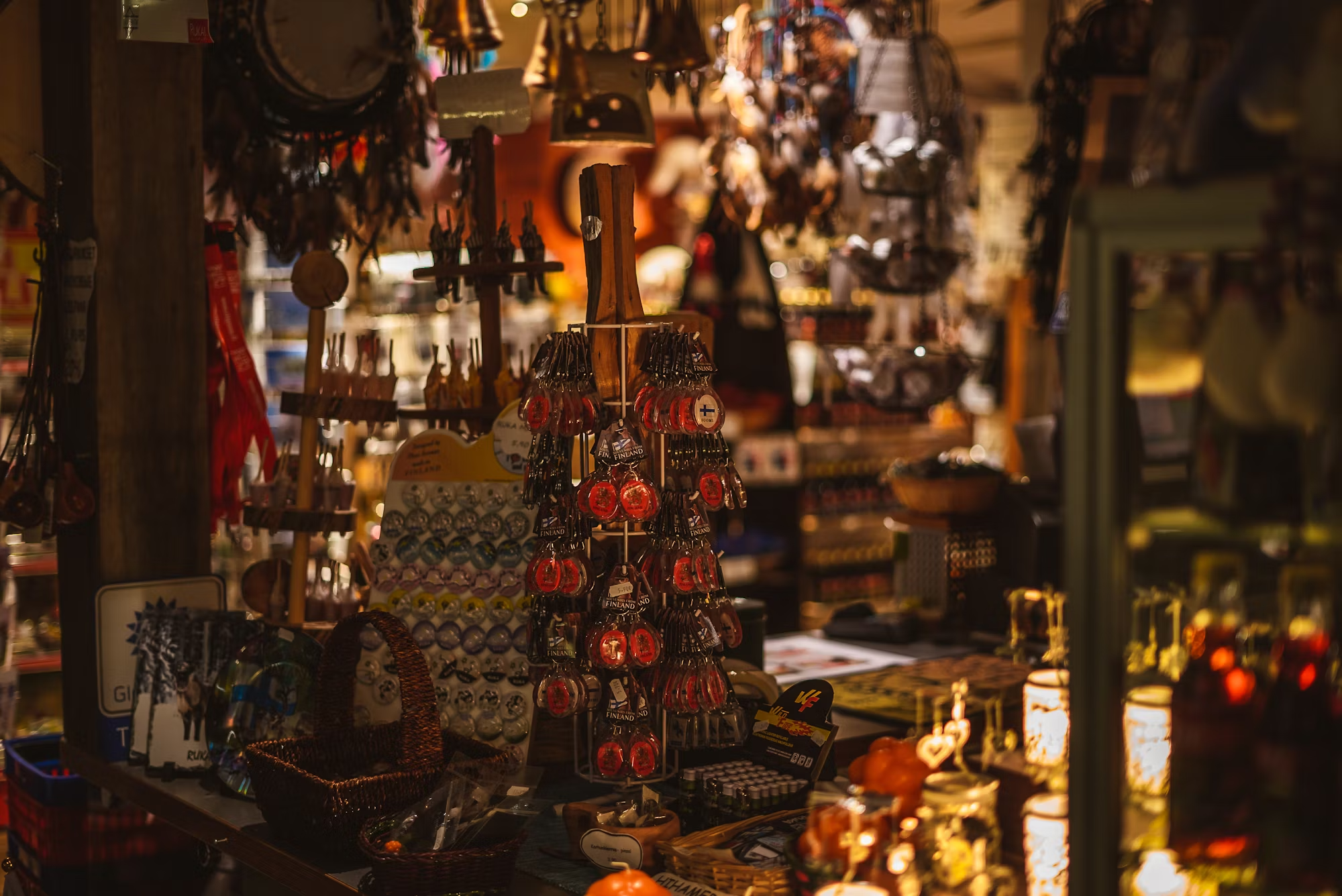Artisan markets have become vibrant centers of culture and community, showcasing the craftsmanship and creativity of local artisans. These markets provide a platform for creators to sell their handmade goods, from jewelry and textiles to pottery and gourmet foods. As they gain popularity, artisan markets not only contribute to local economies but also play a vital role in preserving cultural heritage and fostering community connections.
At their core, artisan markets celebrate the art of making. Unlike mass-produced items, each product at an artisan market is often crafted with care, reflecting the unique style and perspective of the maker. This individuality is appealing to consumers who seek authentic, one-of-a-kind products that tell a story. Shoppers are drawn to the personal touch found in handmade items, which often carry the essence of the artisan’s culture and experiences.
The rise of artisan markets can be attributed to a growing consumer desire for sustainable and ethically produced goods. Many artisans prioritize environmentally friendly practices, utilizing organic materials and local resources in their creations. This commitment to sustainability resonates with consumers who are increasingly aware of the environmental impact of their purchases. By supporting artisan markets, shoppers contribute to a more sustainable economy that values craftsmanship and environmental responsibility.
Artisan markets often serve as community gathering places, fostering social connections and cultural exchange. Vendors and customers alike engage in conversations, share stories, and form relationships that transcend simple transactions. This communal atmosphere is vital for building a sense of belonging and community pride. Many artisan markets incorporate live music, workshops, and cultural performances, further enriching the experience for visitors and creating an engaging environment.
In addition to promoting social interaction, artisan markets also provide economic opportunities for local artisans. Many of these makers are small business owners who rely on market sales to sustain their livelihoods. By offering a platform to showcase their work, artisan markets help entrepreneurs gain visibility and reach new customers. This financial support can be crucial for artisans, particularly those just starting out in their craft.
Moreover, artisan markets often contribute to the preservation of traditional crafts and techniques. Many artisans draw inspiration from their cultural backgrounds, using methods that have been passed down through generations. By creating and selling their work, they help keep these traditions alive and introduce them to new audiences. This exchange not only honors cultural heritage but also allows for the evolution of traditional crafts, as artisans blend old techniques with contemporary designs.
Educational initiatives often accompany artisan markets, providing opportunities for consumers to learn more about the art of crafting. Workshops and demonstrations allow visitors to gain hands-on experience in various crafts, from pottery to weaving. These activities not only enhance appreciation for the skills involved but also empower individuals to explore their creativity. Participants often leave with a newfound respect for artisans and a desire to support local craftsmanship.
The impact of artisan markets extends beyond the local level; they also contribute to tourism. Many travelers seek out artisan markets as part of their cultural exploration, eager to discover unique goods that reflect the local flavor. This influx of visitors can boost the local economy, providing additional income for artisans and surrounding businesses such as cafes, restaurants, and shops. Communities that host artisan markets can benefit from increased visibility and recognition, positioning themselves as cultural hubs.
However, the growth of artisan markets is not without challenges. As they become more popular, maintaining the authenticity and intimacy of these markets can be difficult. There is a risk of commercialization, where the essence of artisan craftsmanship is overshadowed by trends and profit motives. To combat this, many markets prioritize curating a selection of genuine artisans, ensuring that the products offered remain true to the original vision of handmade goods.
In conclusion, artisan markets serve as a celebration of creativity, culture, and community. By providing a space for local artisans to share their work, these markets contribute to the preservation of traditional crafts, promote sustainability, and foster social connections. As consumers increasingly seek unique, meaningful products, artisan markets will likely continue to thrive, enriching the cultural tapestry of communities around the world. The journey through an artisan market is not just a shopping experience; it is an exploration of the human spirit, creativity, and the shared stories that bind us together.
The growth of artisan markets highlights the importance of supporting local economies and celebrating cultural heritage. By engaging with artisans and embracing the values of sustainability and craftsmanship, consumers play a pivotal role in shaping a future that honors creativity and community spirit. As we navigate an ever-changing world, artisan markets remind us of the beauty found in handmade goods and the connections forged through shared experiences.



